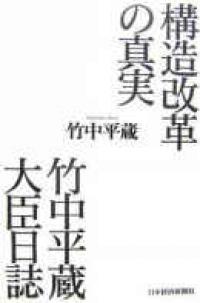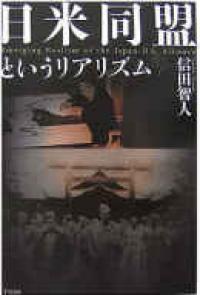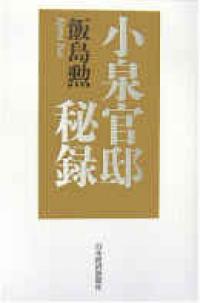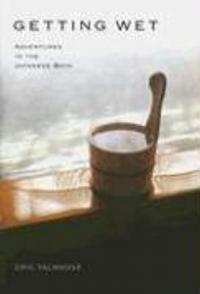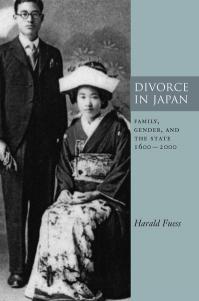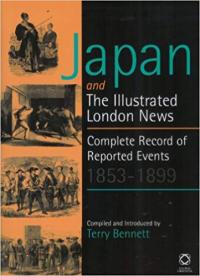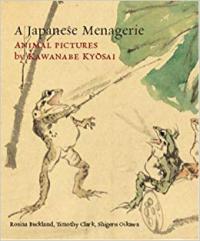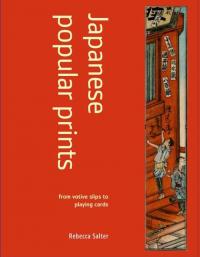The Japan Society Review
The Japan Society Review is an digital publication covering Japan-related books and films, as well as theatre and stage productions, tv series and exhibitions. Published since 2006, it is released now on a quarterly basis and is available online on our website and printed for members. Its purpose is to inform, entertain and encourage readers to explore the works for themselves.
The Japan Society Review is possible thanks to the work of volunteers who dedicated their time and expertise to help us to promote the learning and understanding of Japanese culture and society.
To become a reviewer, please fill the form here and let us know a little about you, your professional or academic background, your interest, passion or expertise regarding Japan and the type of works you would like to review.
If you have any questions, please contact reviews@japansociety.org.uk.
Books
Kozo Kaikaku No Shinjitsu: Takenaka Heizo Daijin NisshiBy Heizo Takenaka Nihon Keizai Shimbunsha, December 2006, 344 pages, 1800 yen Review by Fumiko Halloran
Books
Nemesis: The Battle for Japan, 1944-45By Max Hastings Harper Press, 2007, 673 pages including index, notes and bibliography Review by Sir Hugh Cortazzi
Books
Nichi-Bei Domei-toiu Riarizumu (Emerging Realism of the Japan-US Alliance)By Tomohito Shinoda Chikura Shobou, 2007, 274 pages including notes and index, ISBN: 978-4-8051-0884-0 C3031 Review by Takahiro Miyao
Books
“Koizumi Kantei Hiroku” (Confidential Records of the Office of Prime Minister Koizumi)By Isao Iijima Nihon Keizai Shimbunsha (Japan Economic Journal), December 2006, 334 pages, 1800 yen Review by Fumiko Halloran
Books
Getting Wet – Adventures in the Japanese BathBy Eric Talmadge Kodansha Europe Ltd (Japan), 2006, 272 pages (Hardback), ISBN: 9784770030207 Review by William Farr
Books
Divorce in Japan: Family Gender, and the State, 1600-2000By Harald Fuess Stanford University Press, 2004, 226 pages, ISBN 0-8047-4357-6 Review by Sean Curtin
Books
North Korea in the 21st Century, An interpretative guideBy J.E. Hoare and Susan Pares Global Oriental, 2005, ISBN 1-901903-91-5 (Cloth), 1-901903-96-6 (Paperback), 253 pages (including index, references/bibliography and black and white illustrations). Review by Sir Hugh Cortazzi
Books
Japan and the Illustrated London News: Complete record of Reported Events 1853-1899Compiled and introduced by Terry Bennett Global Oriental, 2006, 411 pages including index, fully illustrated, £125, ISBN 1-901903-26-5, Review by Sir Hugh Cortazzi
Books
A Japanese Menagerie: Animal PicturesBy Kawanabe Kyosai, Rosina Buckland, Timothy Clark, Shigeru Oikawa British Museum Press, 2007, ISBN-13: 978-0-7141-2442-I, ISBN-10: 0-7141-2442-7, pp 112 including colour plates, £16.99. Review by Sir Hugh Cortazzi
Books
Japanese Popular Prints – from votive slips to playing cardsBy Rebecca Salter A & C Black (London), and University of Hawaii Press (Honolulu), 2006, 208 pages; full colour throughout (221 images), ISBN: 07136 65173, Price: £30. Review by Marie-Thérèse Barrett


